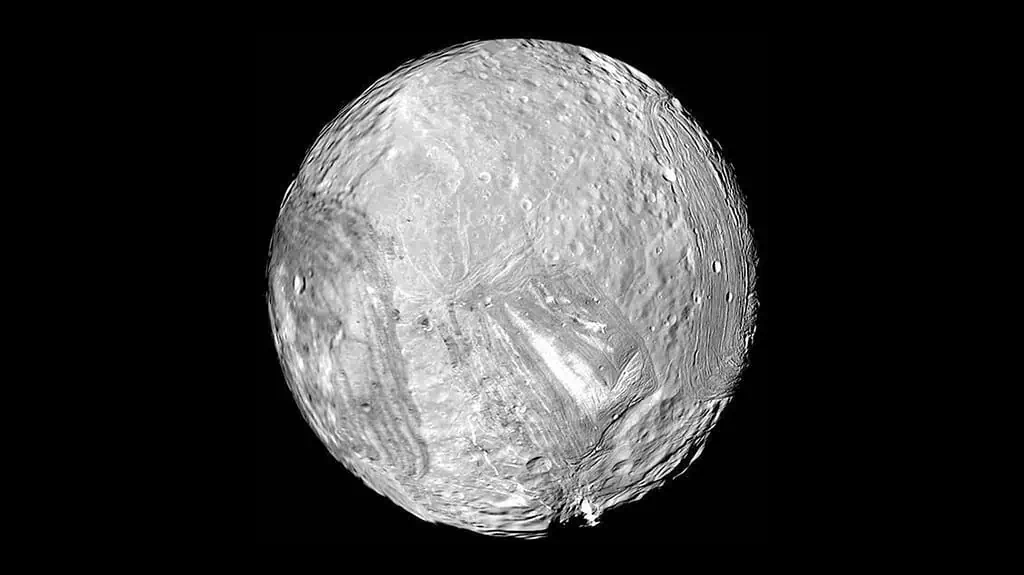
There are several frozen moons in our solar system, orbiting the gas giants. Some of them have liquid water under the surface and deep down in the dark, the ocean may be boiling.

The JWST shows that ice on Europa is developing at different rates in different places, such as Tara Regio, where crystalline ice (lighter colors) is found on the surface as well as below the surface.

New research suggests that Jupiter used to be at least twice as big as it is today . Over time, the bloated world cooled off, contracting to the relatively humbler size it is today.

Now, the unique capabilities of the NASA/ESA/CSA James Webb Space Telescope are providing new insights into the Jovian aurorae.
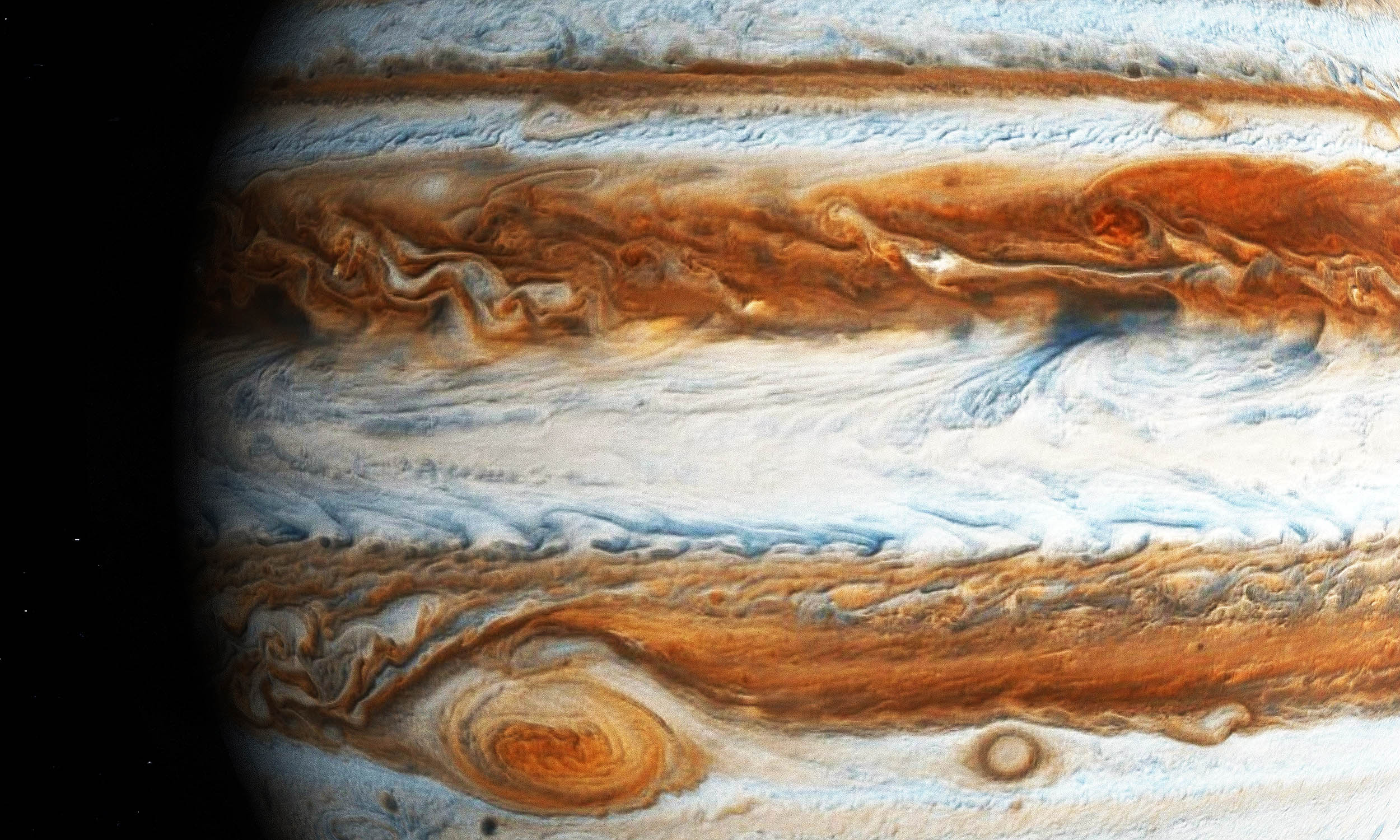
Slushy hail, made of water and ammonia, may form during lightning-packed storms, giving researchers fresh clues about what lurks beneath the planet’s colorful cloud tops.
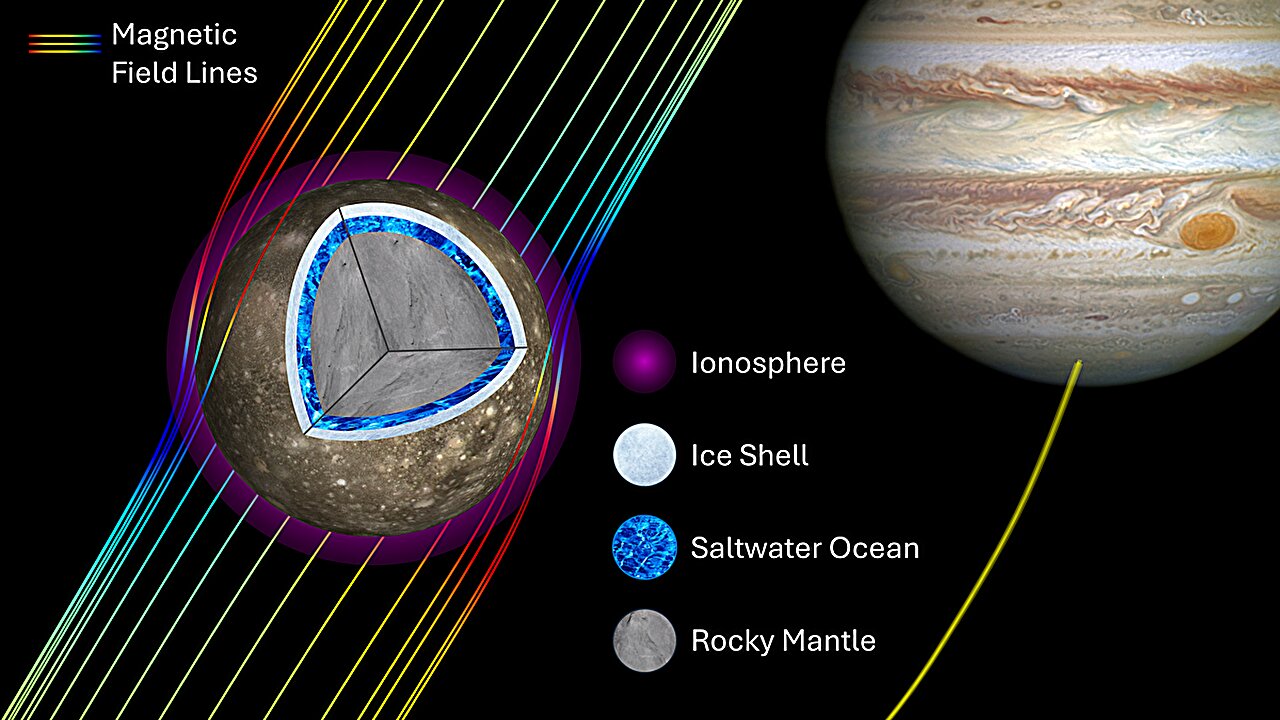
Recent expanded analysis much more strongly suggests that Callisto hosts a subsurface ocean.

During a flyby of Jupiter’s moon Io on December 27, 2024, NASA’s Juno spacecraft discovered an astonishing volcanic hotspot in the moon’s southern hemisphere.

Collaborative work by amateur and professional astronomers has helped to resolve a long-standing misunderstanding about the composition of Jupiter's clouds.
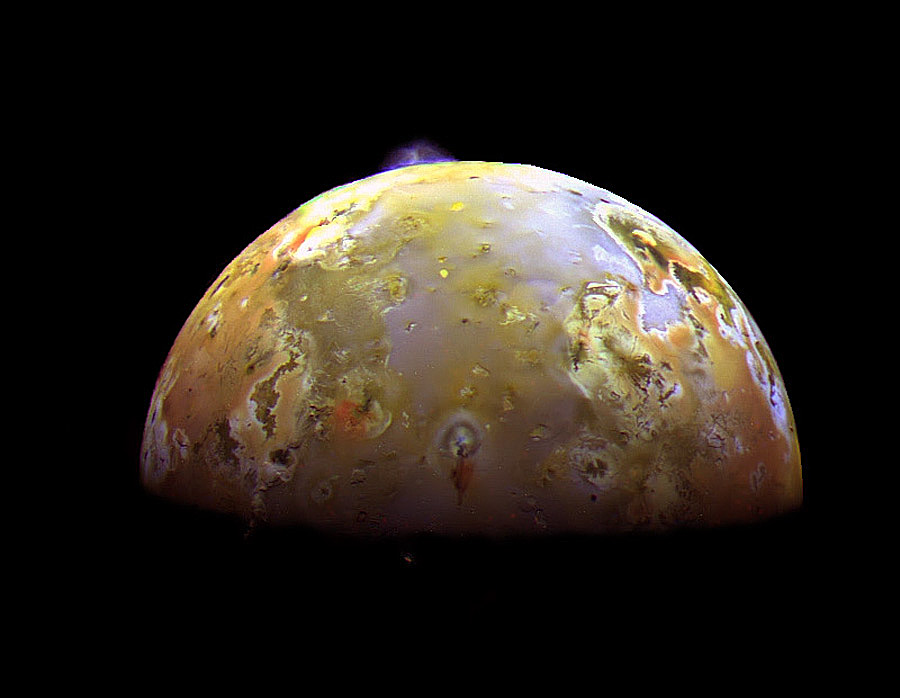
Io does not have a shallow global magma ocean beneath its surface, counter to previous claims, suggests a paper published in Nature.
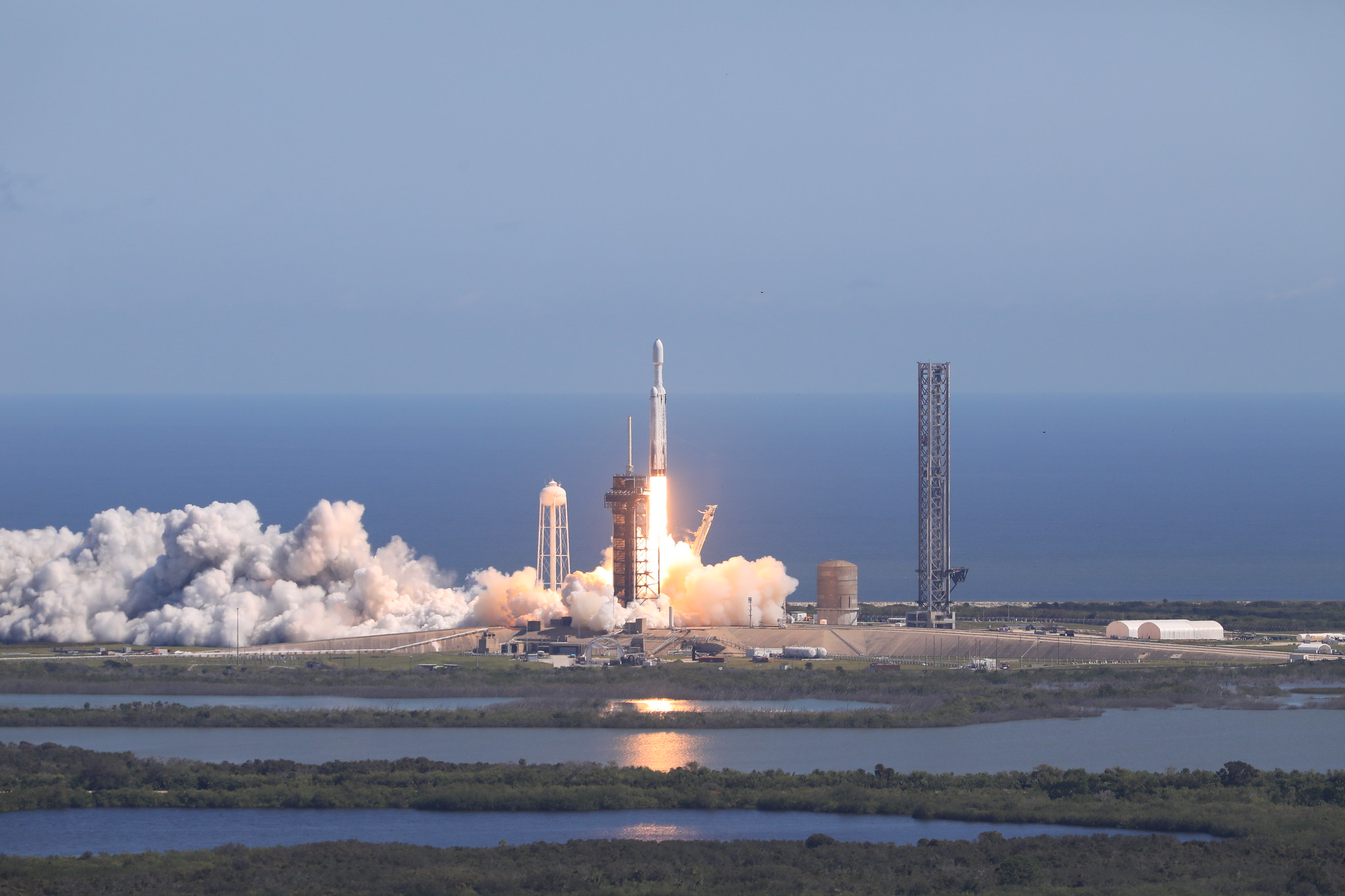
NASA’s Europa Clipper has embarked on its long voyage to Jupiter, where it will investigate Europa, a moon with an enormous subsurface ocean that may have conditions to support life.
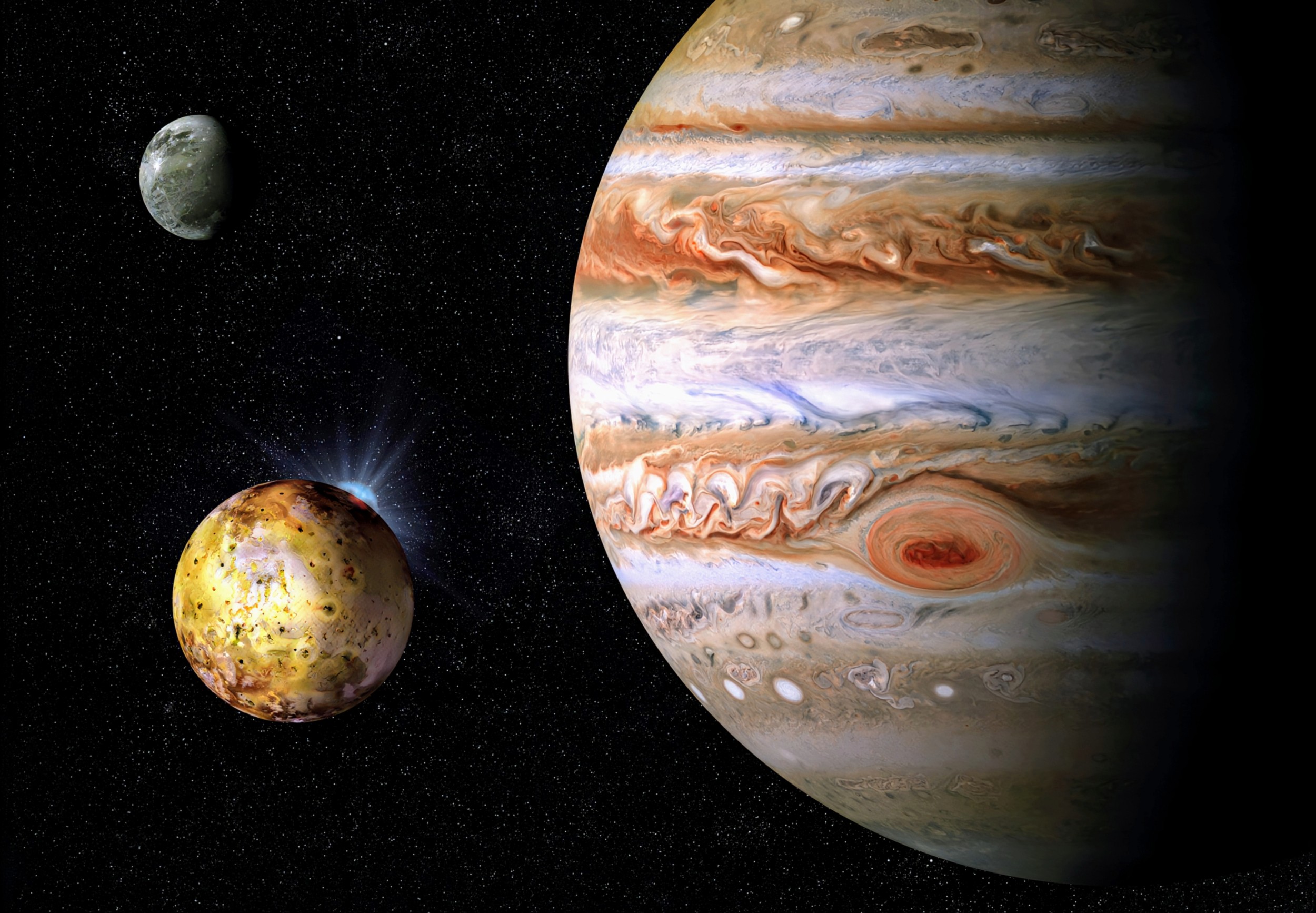
Recent images reveal a newly formed volcano. It is complete with multiple expansive lava flows and surrounding volcanic deposits, spanning an area of approximately 180 by 180 km — an impressive addition to Io’s volatile surface.

Researchers has recently found that nearby storms would strengthen the Great Red Spot, increasing its size. The current shrinking spot may be due to a lack of smaller storms in its diet.
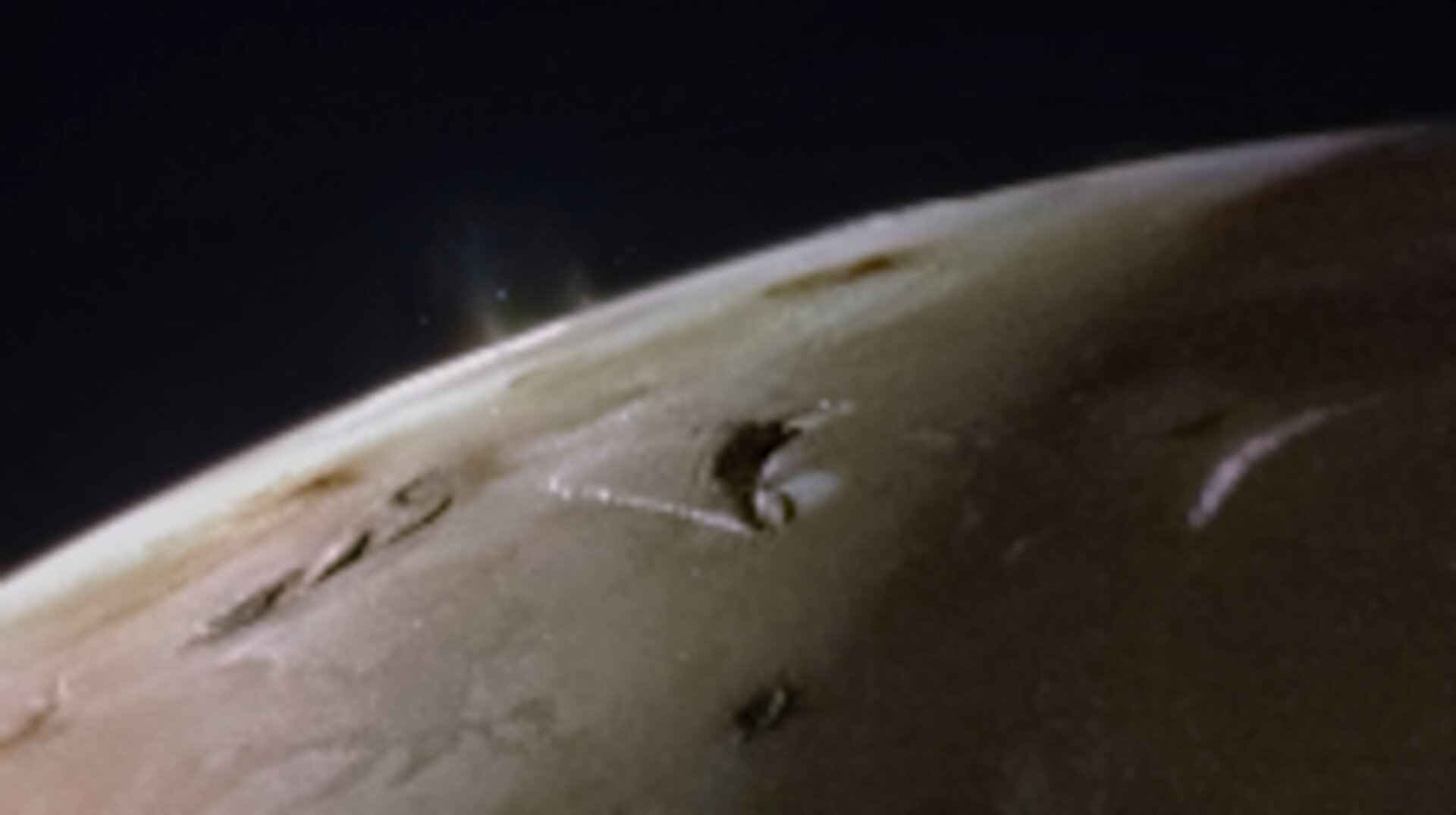
From around 2,400 miles away, the probe’s Jovian Infrared Auroral Mapper (JIRAM) instrument “revealed that the whole surface of Io is covered by lava lakes contained in caldera-like features.
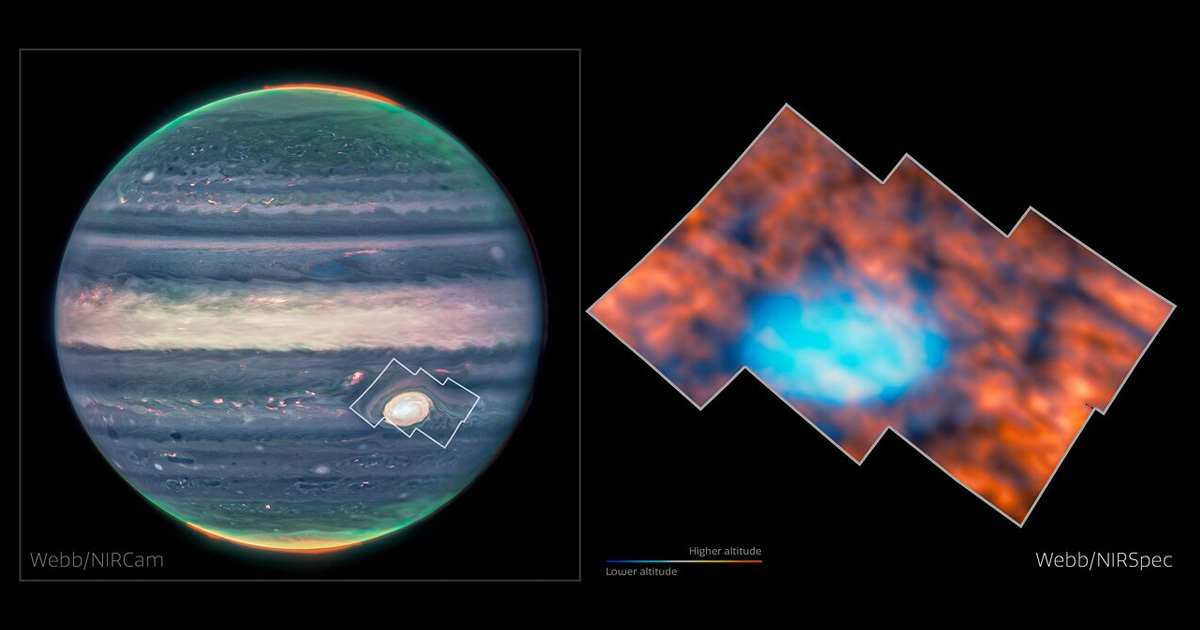
The glow above the Great Red Spot on Jupiter has recently been discovered and the researchers suspect that something else altogether is causing it - powerful gravitational interactions rarely seen on Earth.
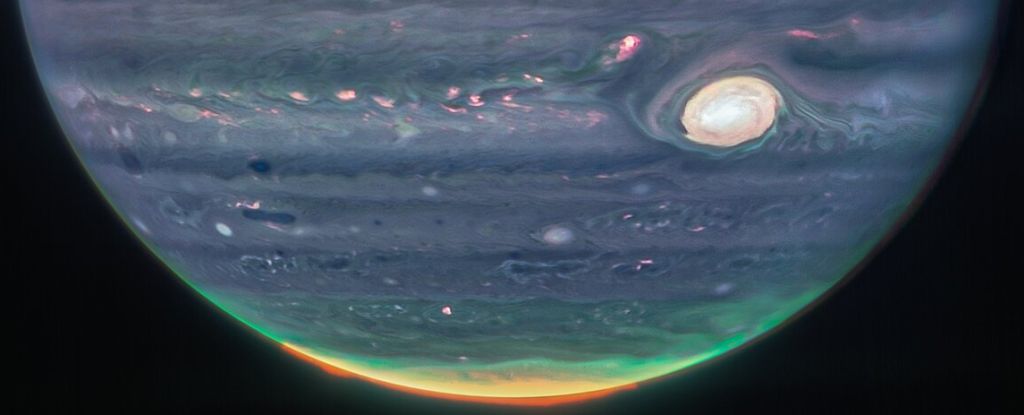
An infrared glow high up in the atmosphere of Jupiter could be produced by an interaction with dark matter.